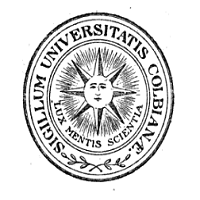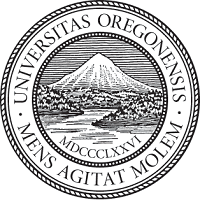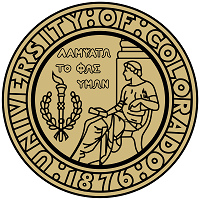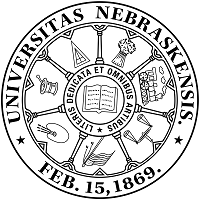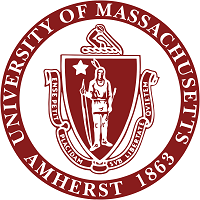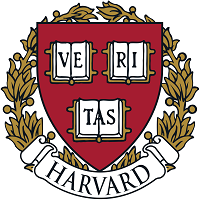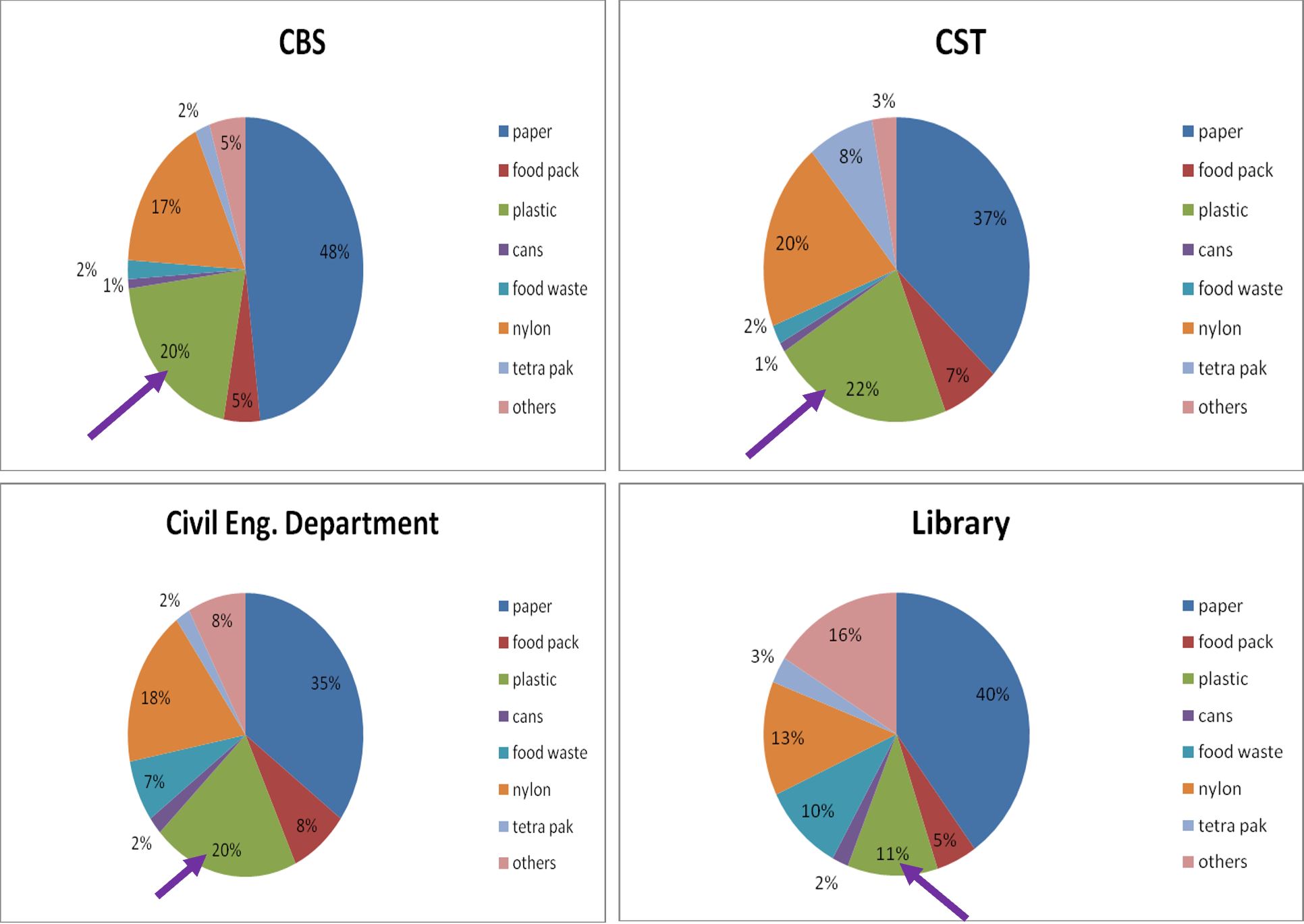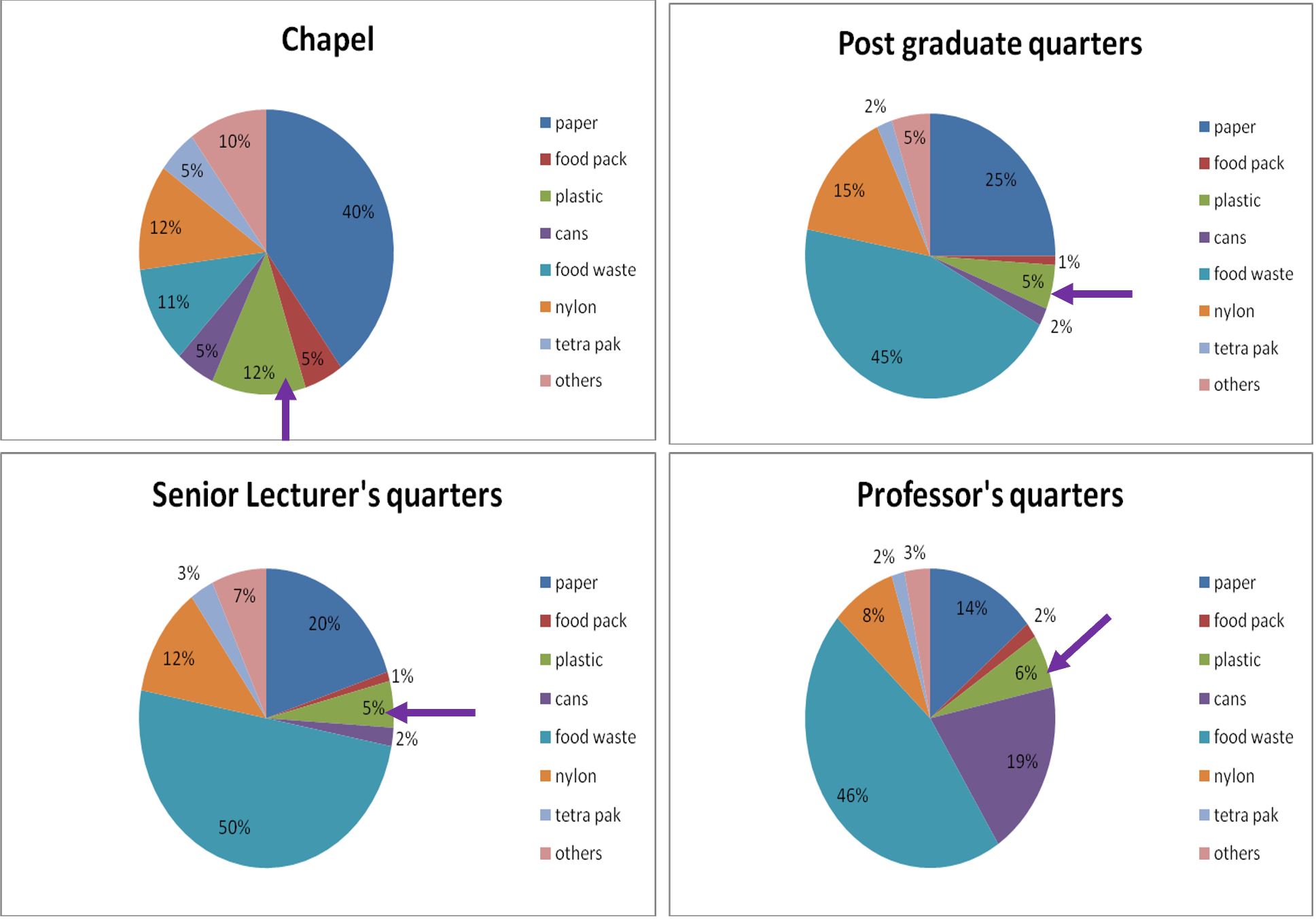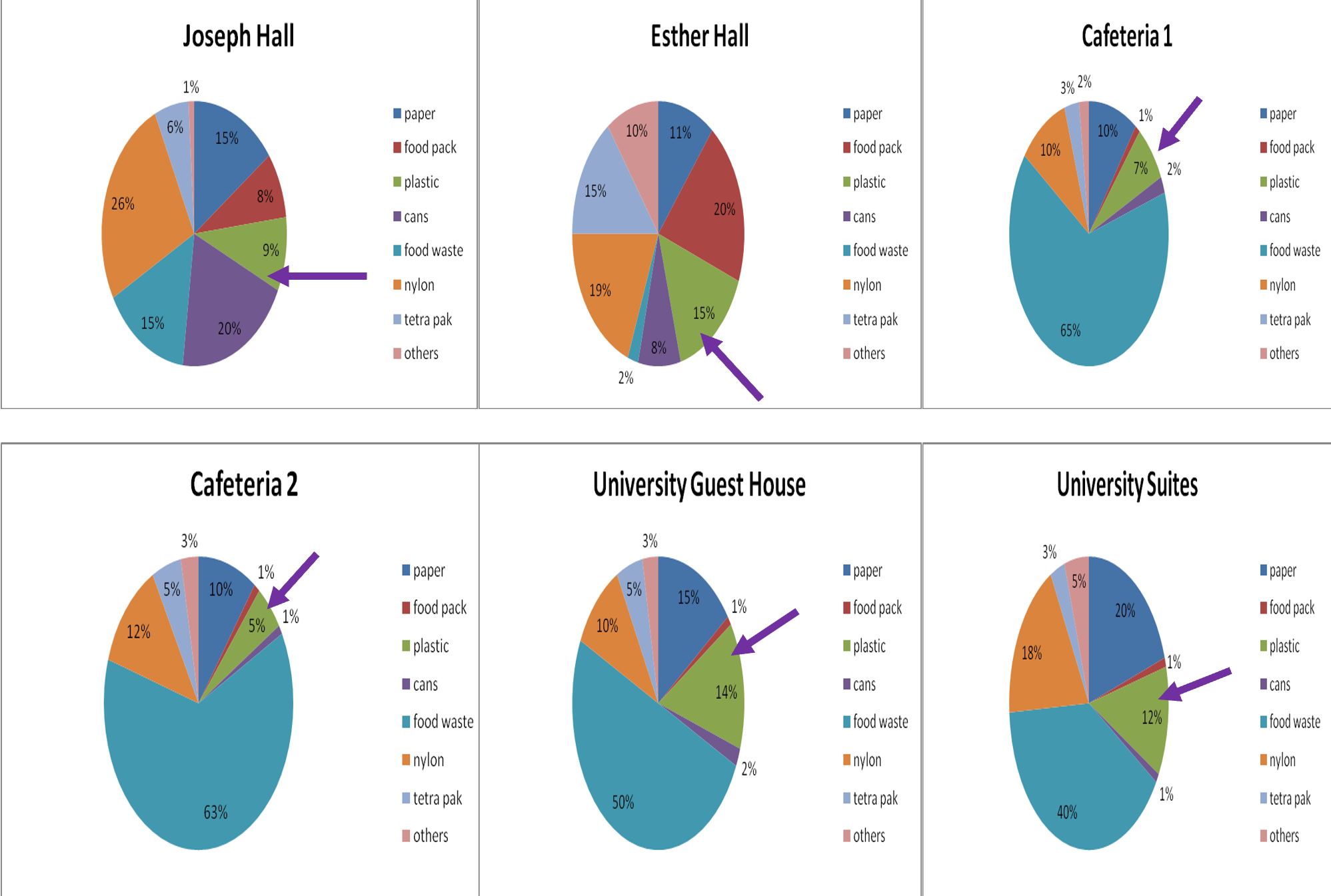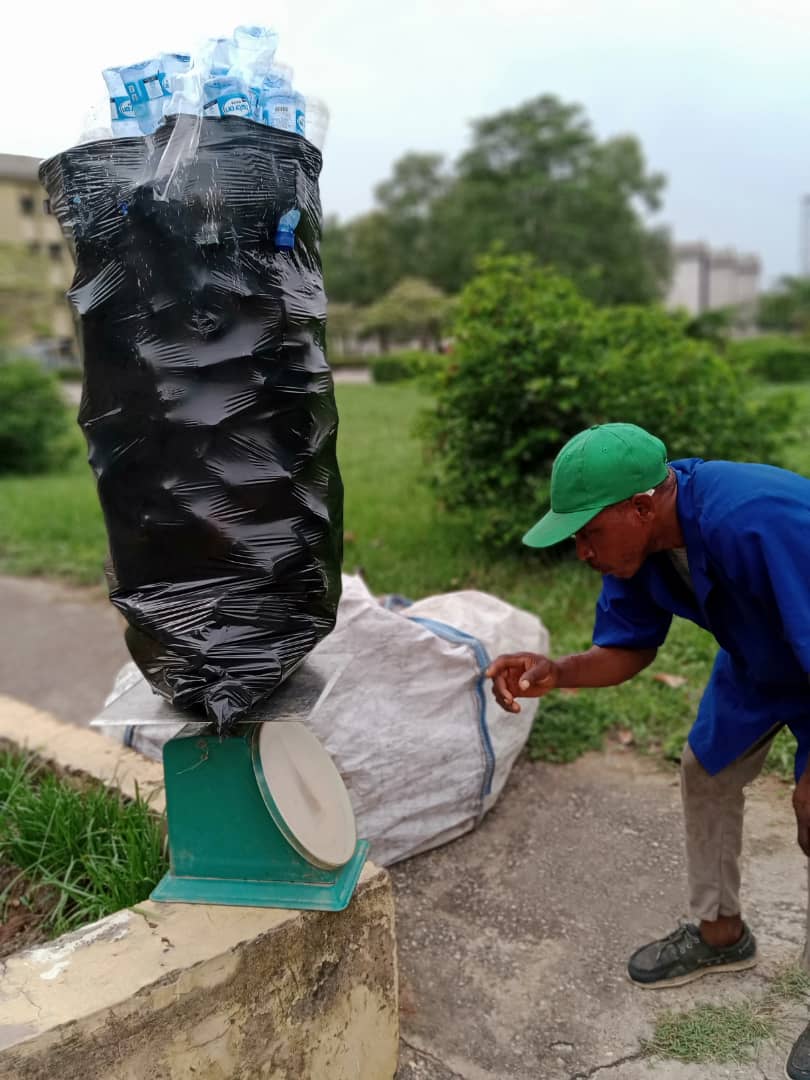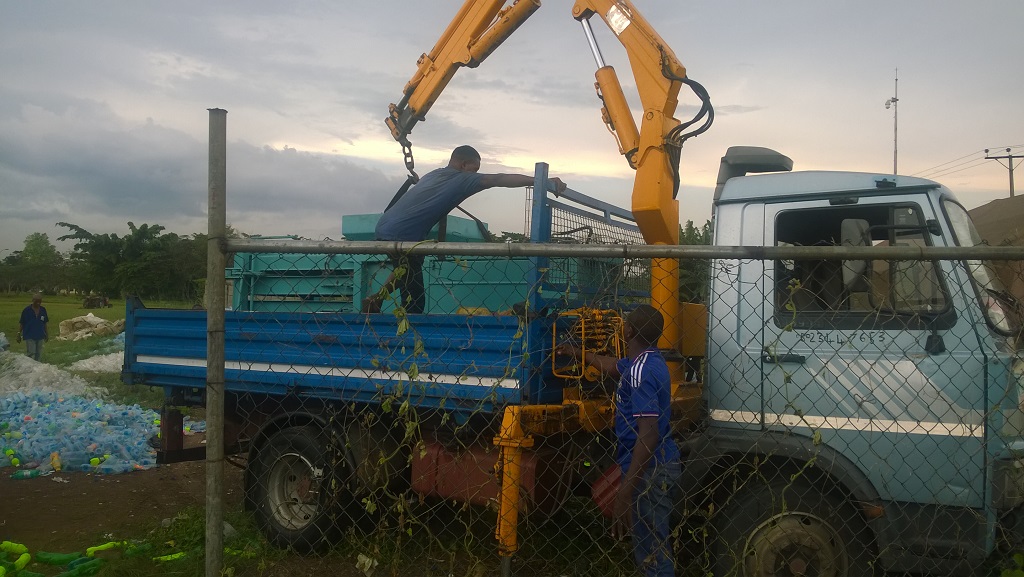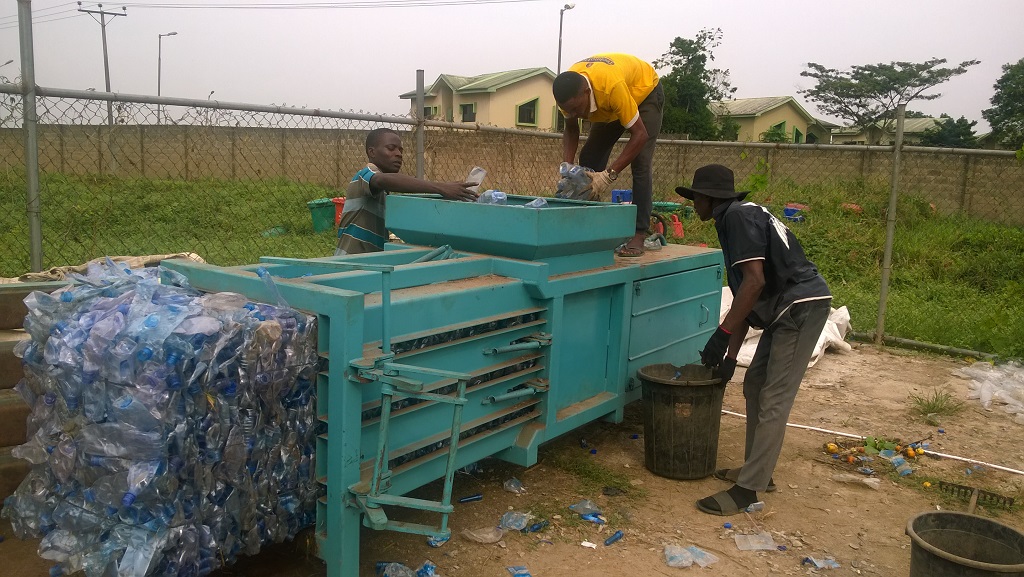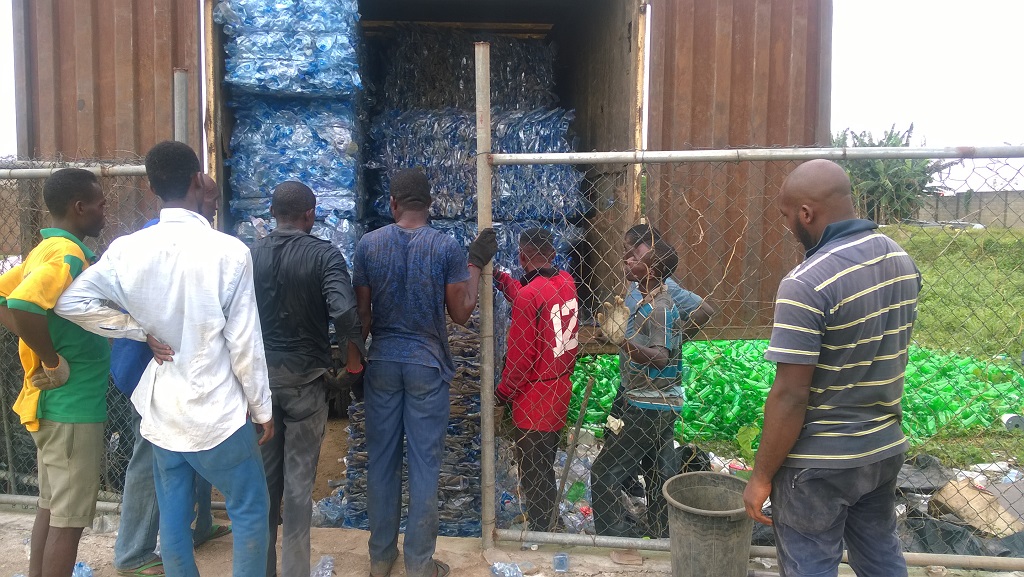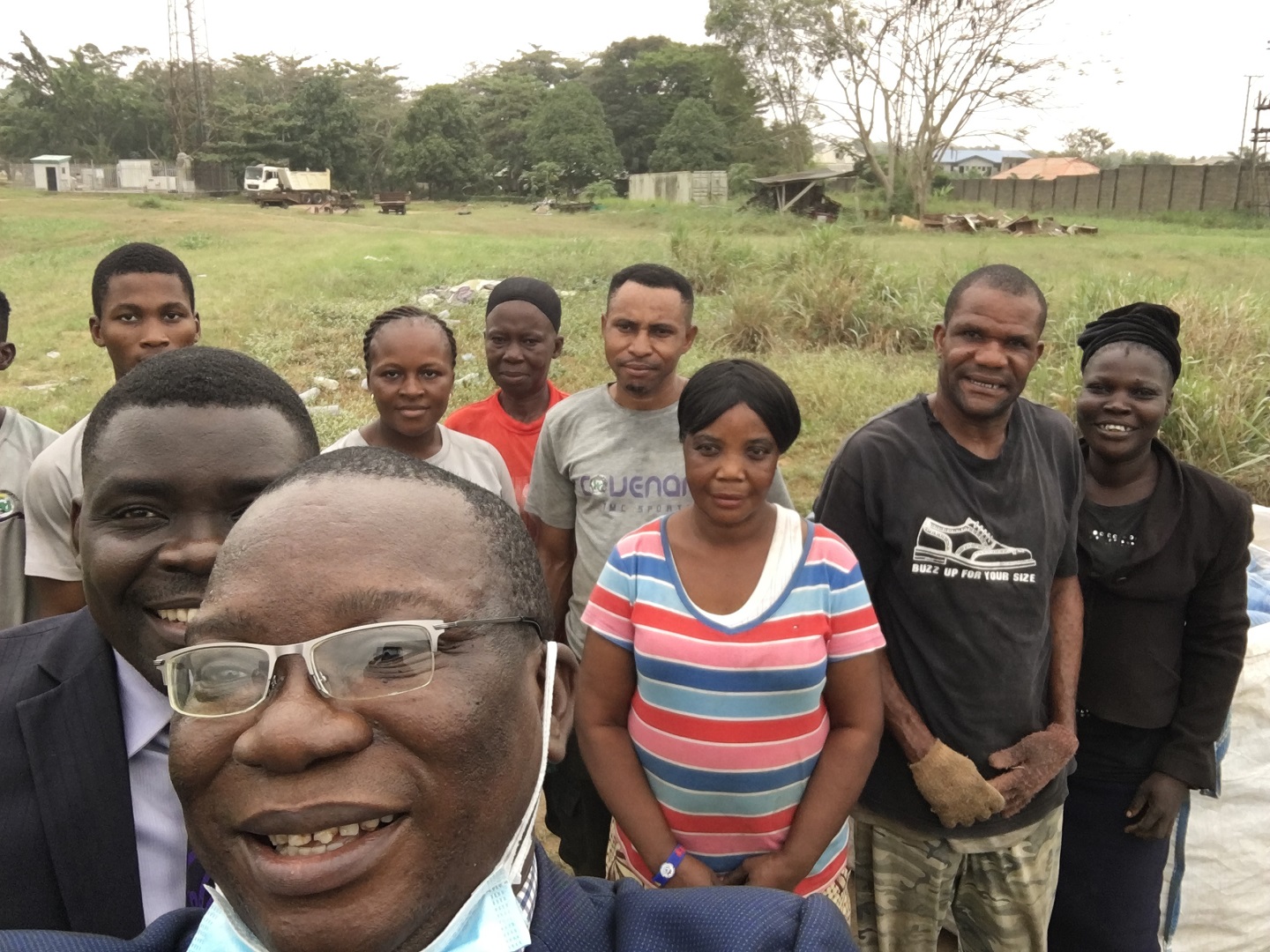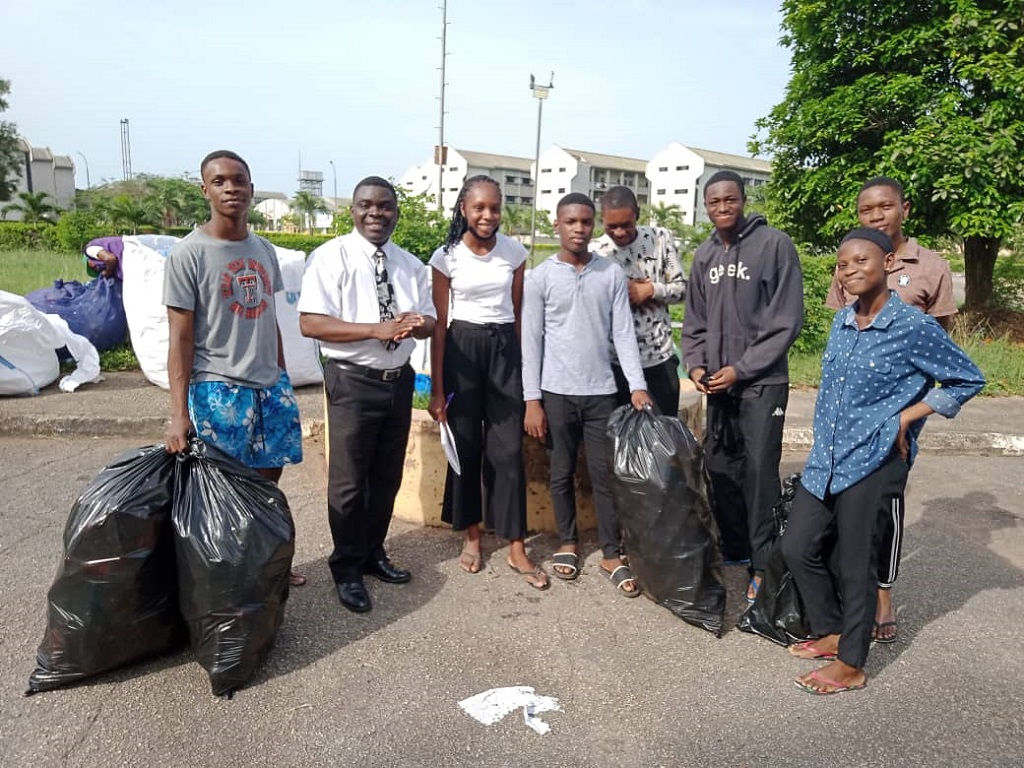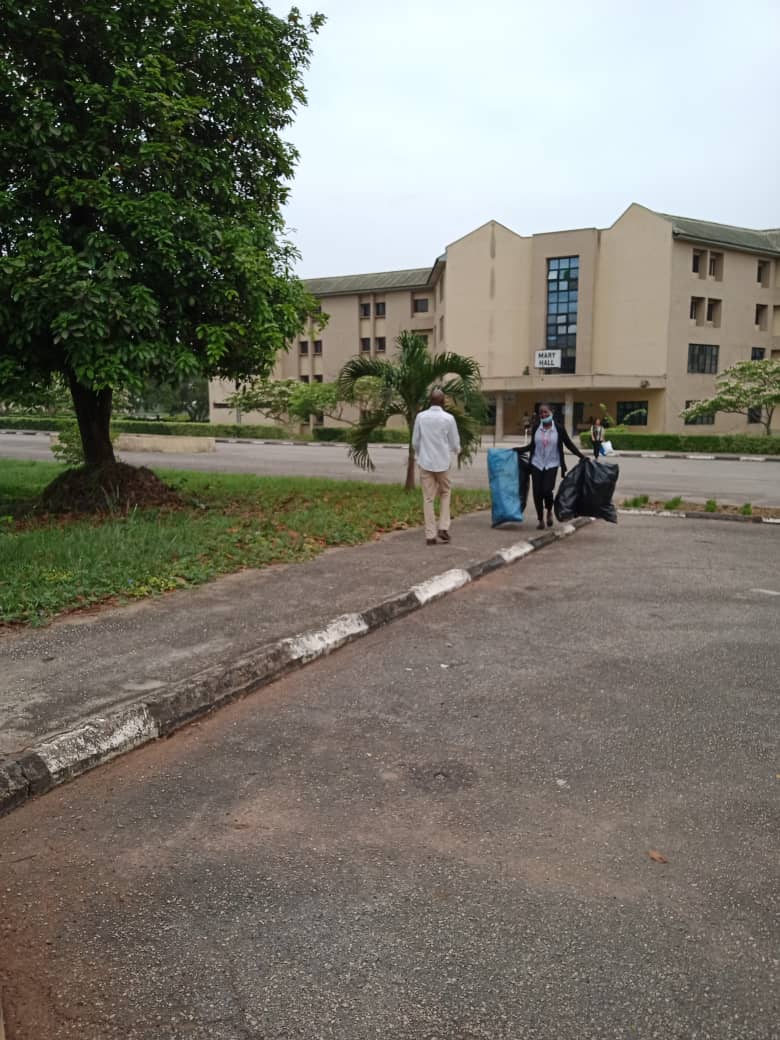In addition, these technologies require considerable techical expertise, which is often not available in developing nations to successfully operate the MRFs.
The waste to wealth initiative focuses on planning and affordable technology in tackling and converting waste generated in the entire Canaan land into useful products.
- The Pet bottles to be processed to pellet form where it can be used as starting materials for fabrication of new products.
- The Food wastes to be processed into manure for usage in the University farm via compositing.
- The paper wastes are for processing to newsprints,tissues and other related products.
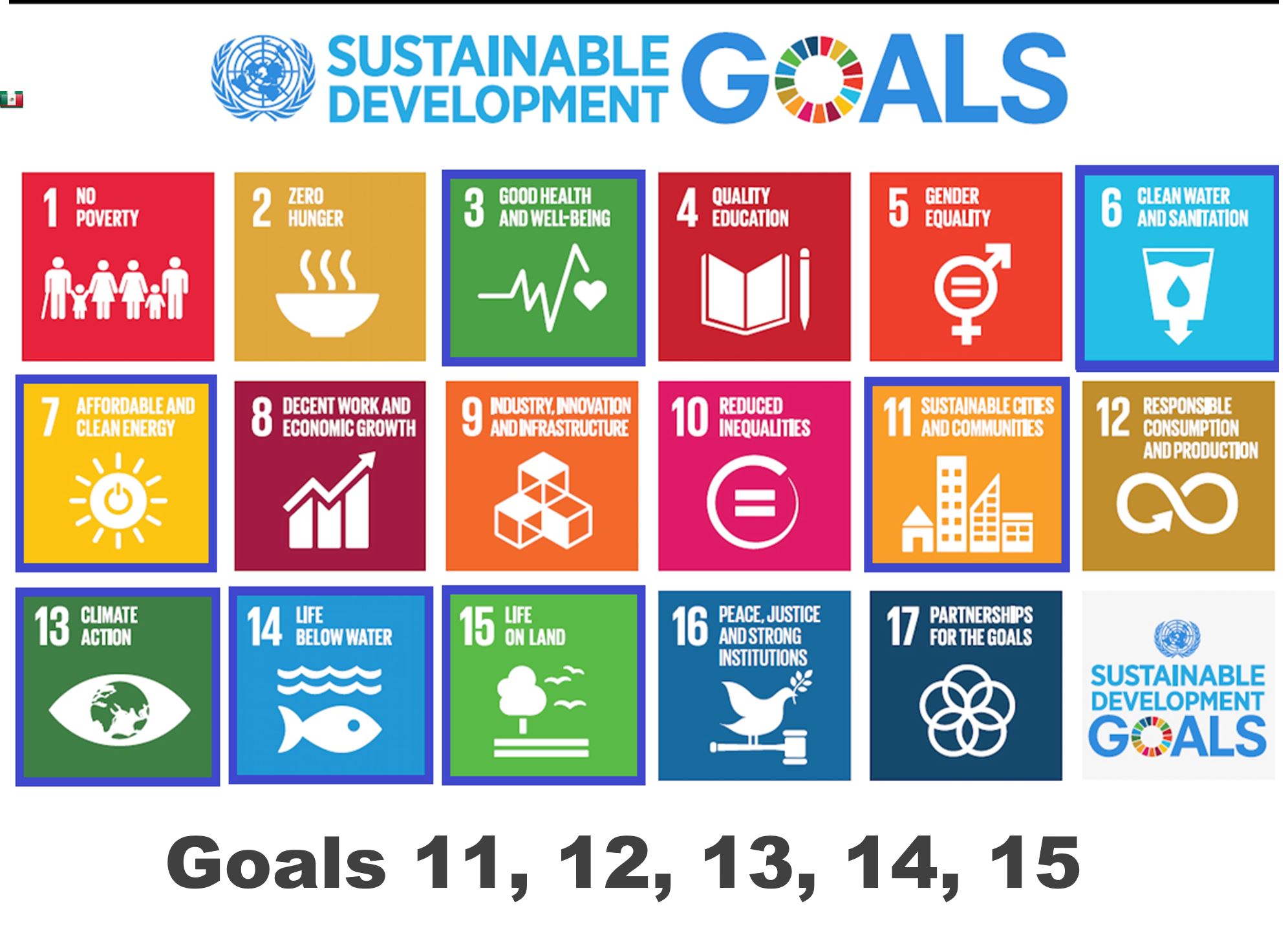
University’s Waste Pet bottles:
The committee processes the waste pet bottles of the University via collection, sorting and bailing the materials for pickup by Alkem Nigeria Limited and afterward the company will process the payment into the University’s waste to wealth account. The account is being managed by the Directorate of Financial Services of the University. This process is in collaboration with the signed MoU between Covenant University and Alkem Limited. The bailing machine was donated to the University in line with the signed MoU and always maintains the equipment whenever there are issues. All the details of payment can be ascertained from DFS office. The bailed materials are moved out via an exeat memo by the company (see attached a copy).
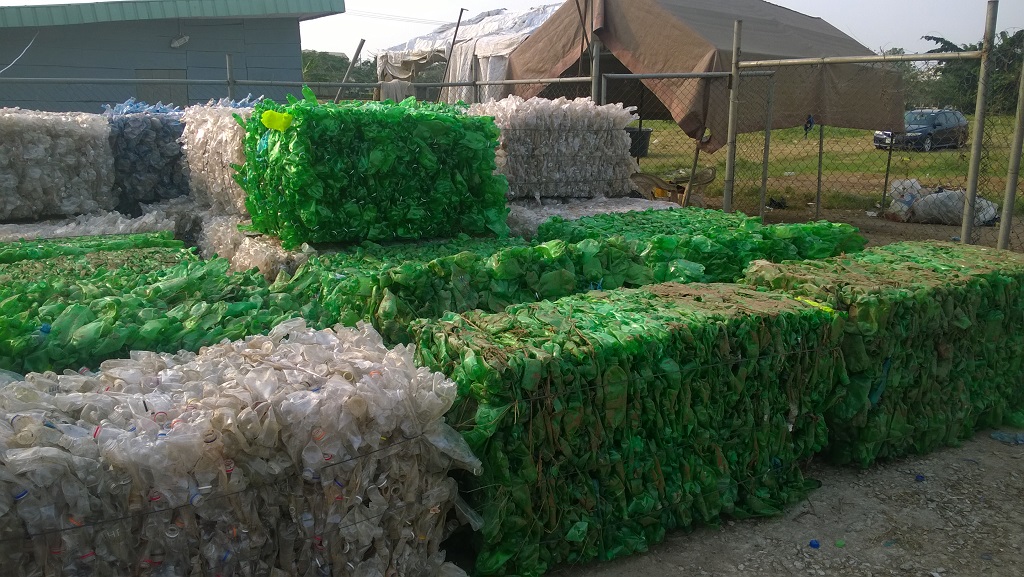
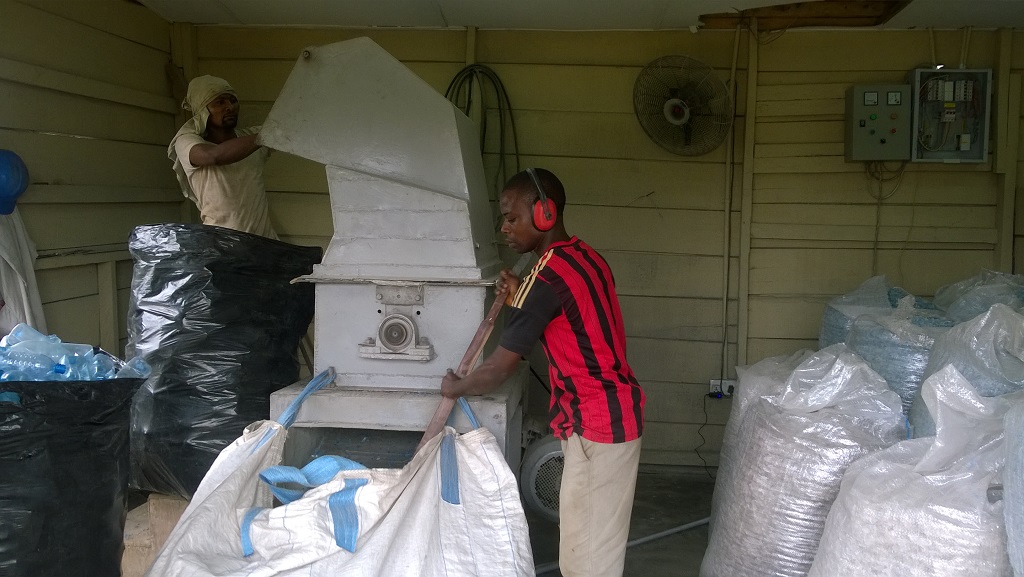
Wastepaper Recycling
In like manner, the wastepaper processing is driven in line with MoU collaboration with Belpapyrus Limited that recycled them to tissue papers for usage in the University. The wastepaper is collected and sorted by W2W workers and the company usually comes into the University to pick them up and these are recycled by the company to tissue paper for usage in the University. Since this operation six years (6) years ago, the University has not been spending money on tissue paper purchase; rather has been using the recycled tissue paper. Once the wastepaper is processed to tissues, the company supplies the product, which after auditing, are stored with the storekeeper that disburses the usage to the University community.
Why This is Important to Covenant University
The Motivation
Recyclable
Waste Reduction
Volunteer Opportunities
Waste to wealth data for 2 years in Covenant University
Waste To Wealth data for 7 Months (JUNE - DEC) in 2021
Date | Rice/Swallow | Bashan | Akara | Fish | Plantain | Total |
|---|---|---|---|---|---|---|
JUNE | 302.55 | 80.56 | 175.28 | 162.11 | 542.63 | 1,263.13 |
JULY | 295.81 | 70.29 | 151.59 | 152.04 | 511.59 | 1,181.32 |
AUGUST | 326.24 | 72.22 | 120.86 | 110.28 | 488.67 | 1,118.27 |
SEPTEMBER | 285.65 | 68.25 | 111.56 | 98.55 | 328.45 | 892.46 |
OCTOBER | 322.46 | 98.78 | 145.32 | 188.77 | 577.24 | 1,332.57 |
NOVEMBER | 278.56 | 48.56 | 111.23 | 168.65 | 346.11 | 953.11 |
DECEMBER | 782.55 | 114.75 | 126.50 | 183.55 | 442.57 | 1,649.92 |
TOTAL | 2,593.82 | 553.41 | 942.34 | 1,063.95 | 3,237.26 | 8,390.78 |
Half a Year Total (2021) | 8,390.78 kg | |||||
Waste To Wealth data for JAN - AUG 2022
Date | Rice/Swallow | Bashan | Akara | Fish | Plantain | Total |
|---|---|---|---|---|---|---|
JANUARY | 238.48 | 197.18 | 161.04 | 72.25 | 207.99 | 876.94 |
FEBRUARY | 111.22 | 135.52 | 155.22 | 22.34 | 115.76 | 540.06 |
MARCH | 172.64 | 155.54 | 121.59 | 98.51 | 451.61 | 999.89 |
APRIL | 168.48 | 196.44 | 347.71 | 112.66 | 454.20 | 1,279.49 |
MAY | 103.32 | 254.28 | 465.60 | 156.10 | 659.22 | 1,638.52 |
JUNE | 106.96 | 196.44 | 328.64 | 108.61 | 367.66 | 1,108.31 |
JULY | 128.92 | 322.11 | 340.22 | 175.32 | 298.12 | 1,264.69 |
AUGUST | 132.81 | 186.45 | 322.56 | 91.35 | 179.55 | 912.72 |
TOTAL | 1,162.83 | 1,643.96 | 2,242.58 | 837.14 | 2,734.11 | 8,620.62 |
Year Total (2022) | 8,620.62 kg | |||||
Details of Students' participation in the covenant University waste management initiative
Some of the Universities involved in Waste Recycle Program
